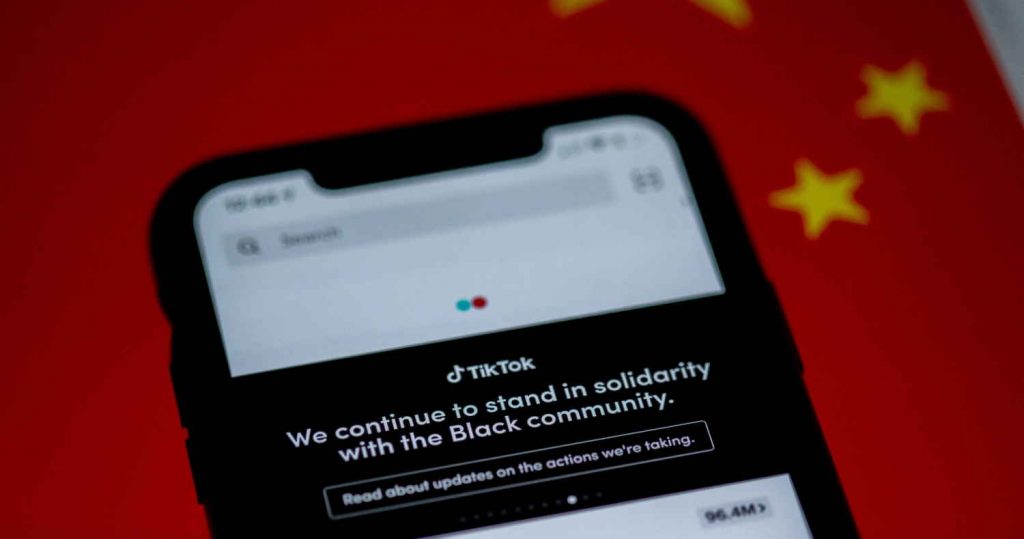Apple iPhones in China: Understanding Pricing and Manufacturing Processes

Apple iPhones have become a symbol of technological excellence and innovation worldwide, and China has been a significant market for these iconic devices. Despite being manufactured in China, it is often questioned why there isn’t a substantial discount on iPhones in the country. To understand this phenomenon, it’s essential to delve into the factors that contribute to iPhone pricing and the complexities of the manufacturing process.
Global Pricing Strategy
Apple adopts a global pricing strategy that takes into account several factors, including manufacturing costs, marketing expenses, import taxes, exchange rates, and regional demand. While iPhones are assembled in China, the final price is determined by a range of global considerations. Apple sets prices to maintain consistency across markets and to support its brand positioning as a premium product.
Manufacturing Costs and Supply Chain
Although iPhones are manufactured in China, the actual manufacturing costs represent only a portion of the overall price. The cost of components, research and development, design, marketing, distribution, and warranty services also contribute to the final price tag. Apple invests heavily in cutting-edge technology, quality control, and customer support, all of which impact the cost structure.
Quality and Value Proposition
Apple has built a reputation for delivering high-quality products that offer a seamless user experience and a robust ecosystem of software and services. The meticulous attention to detail, premium materials, and advanced technologies incorporated into iPhones contribute to their perceived value. Apple’s commitment to quality and innovation is a key driver behind the sustained demand and premium pricing of iPhones.
Brand Image and Premium Positioning
Apple has cultivated a strong brand image globally, and this brand equity contributes to its premium positioning. Apple positions iPhones as aspirational products that embody innovation, style, and user-friendly design. This positioning enables Apple to command higher prices and maintain an aura of exclusivity.
Import Taxes and Regulations
Import taxes and regulations imposed by the Chinese government can affect the final pricing of iPhones in China. Tariffs, value-added taxes, and other levies can impact the overall cost structure and ultimately influence the retail price of imported goods, including iPhones.
Competitive Landscape
China’s smartphone market is highly competitive, with a multitude of local and international brands vying for market share. Apple faces fierce competition from domestic manufacturers who offer feature-rich devices at more affordable price points. While Apple continues to enjoy a dedicated customer base in China, the competitive landscape plays a role in the pricing strategy.
After-Sales Services and Warranties
Apple’s after-sales services, including warranties and customer support, are comprehensive and contribute to the overall cost of iPhones. These services ensure a high level of customer satisfaction and peace of mind, reinforcing the premium pricing strategy.
In conclusion, the pricing of Apple iPhones in China is influenced by a variety of factors, including global pricing strategies, manufacturing costs, supply chain complexities, brand image, import taxes, and competitive dynamics. While iPhones are manufactured in China, the premium positioning, brand value, quality, and the entire Apple ecosystem contribute to the price of these devices. The consistent commitment to excellence, innovation, and customer support has solidified Apple’s position as a leader in the global smartphone market, including China.







